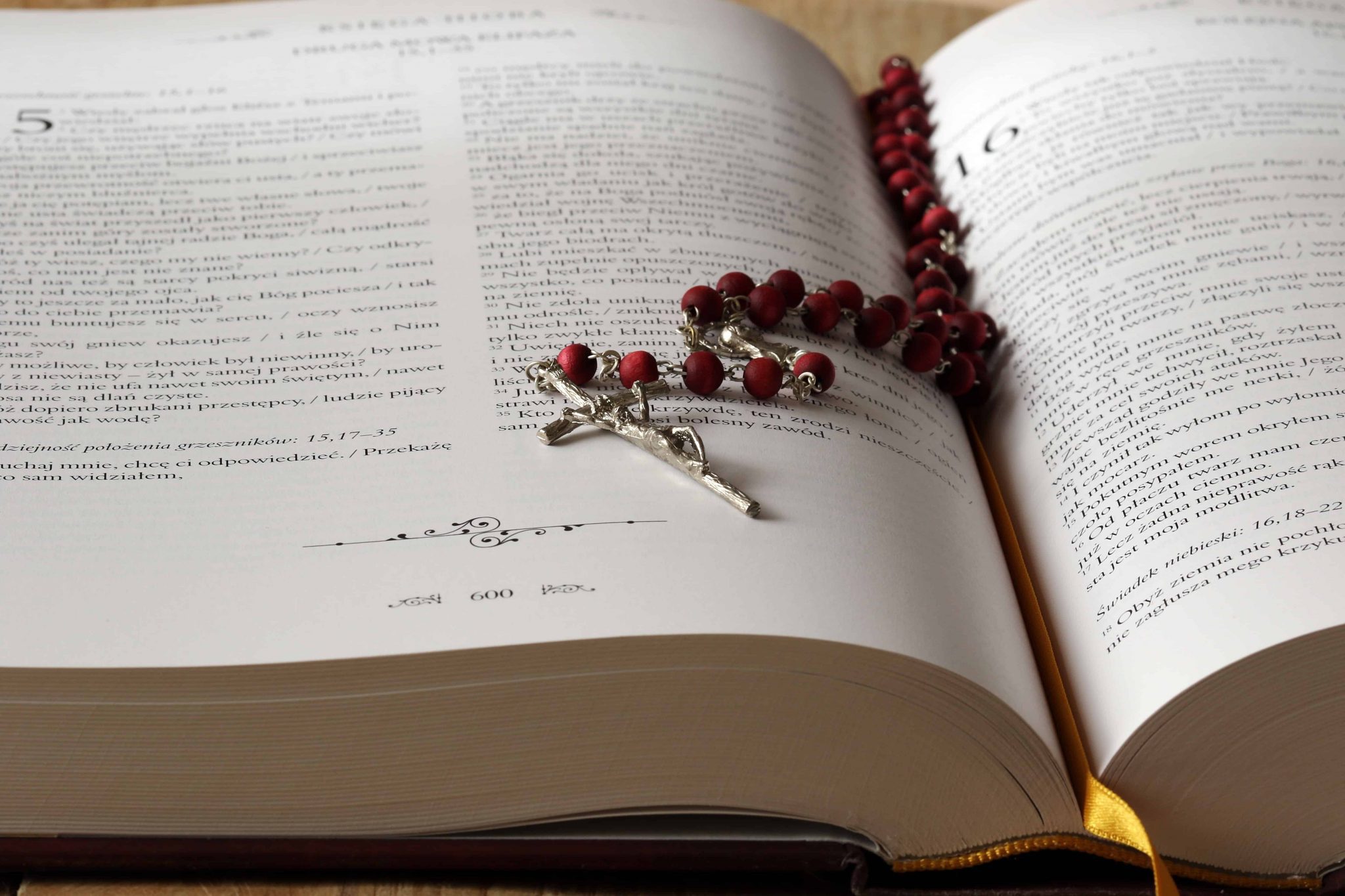Sixth Sunday of Easter
Two more weeks and we reach one of the most important events in our lives, Pentecost. Jesus continues to say: “This much have I told you while I was still with you; the Paraclete, the Holy Spirit Whom the Father will send in My name, will instruct you in everything, and remind you of all that I told you” (Jn 14:25-26).
We need the Holy Spirit. Otherwise, what Jesus has told us will not become real in our lives. We will then become “distressed or fearful” (Jn 14:27). Without the Spirit, we will “make a pretense of religion but negate its power” (2 Tm 3:5), foster doubt rather than faith, and promote disunity in the Body of Christ. We receive the Spirit or stay locked by fear in the upper room (Jn 20:19, 26). We receive the Spirit or see our life’s work amount to nothing, for “flesh begets flesh, Spirit begets spirit” (Jn 3:6).
The word “spirit” also means “breath.” We need the Holy Spirit as much or even more than we need our life’s breath. Begin to wait and pray (Acts 1:4), to pray and thirst (Lk 11:13), to thirst and believe (Jn 7:37), to believe and obey (Acts 5:32). Jesus “breathed on them and said: ‘Receive the Holy Spirit’ ” (Jn 20:22).
Fifth Sunday of Easter
We’re in the midst of a fifty-day Sunday, the Easter season. If we can’t rejoice in the Resurrection of Jesus from the dead, we must be dead ourselves. Because His tomb is empty, we have life to the full (Jn 10:10). “Because He lives, we can face tomorrow.” For He shall wipe every tear from our eyes, “and there shall be no more death or mourning, crying out or pain, for the former world has passed away” (Rv 21:4). “This means that if anyone is in Christ, he is a new creation. The old order has passed away; now all is new!” (2 Cor 5:17; Rv 21:5)
“Life is worth the living just because He lives.” Yet, “we must undergo many trials if we are to enter into the reign of God” (Acts 14:22). Calvary is still ahead for each of us as we begin to walk the way of the cross. We are afraid and repelled by the pain and sufferings. But because Jesus lives, we “consider the sufferings of the present to be as nothing compared with the glory to be revealed in us” (Rm 8:18).
Because Jesus lives, the devil can no longer manipulate us and keep us slaves our whole lives long through the fear of death (Heb 2:15). “Death is swallowed up in victory. O death, where is your victory? O death, where is your sting?” (1 Cor 15:54-55) Because He lives, “we are more than conquerors” (Rm 8:37).
Fourth Sunday of Easter
What if the only thing you knew how to do was “to be filled with joy and the Holy Spirit”? After Sts. Paul and Barnabas were violently abused and thrown out of town, the disciples knew how to react in only one way — not with violence, fear, unforgiveness, or bitterness but “with joy and the Holy Spirit.”
What if we were rejected, insulted, or falsely accused? We would probably know how to react with something other than joy. However, Jesus’ early disciples could be filled with joy even in terrible circumstances (Acts 5:41) because they were also filled with the Holy Spirit.
The Spirit crucifies our flesh with its passions and desires (Gal 5:24). We no longer know how to react in our old carnal ways. The Spirit cries out “Abba” in our hearts (Rm 8:15; Gal 4:6), proclaims “Jesus is Lord” (1 Cor 12:3), and fills us with love (Rm 5:5). Under these circumstances, we forgive and love our enemies and know only how to be filled with joy. Only those filled with the Spirit can react to persecution this way. Therefore, “happy are you when you are insulted for the sake of Christ, for then God’s Spirit in Its glory has come to rest on you” (1 Pt 4:14).
Third Sunday of Easter
If we love Jesus, we will feed His sheep. We will feed Jesus’ followers with physical food (see Mt 25:35) and with the Bread of Life, that is, Jesus (Jn 6:35). If we love Jesus, we will feed Christians with Jesus. We do this by sharing God’s Word (see Mt 4:4) and by inviting others to come to Jesus, join His Church, and receive the Body and Blood of Jesus (see Jn 6:55).
The night before Jesus died, He fed His sheep at the Last Supper by giving them His Body and Blood (see Mt 26:26ff). On the afternoon of the day Jesus rose, He fed His sheep by interpreting “for them every passage of Scripture which referred to Him” (Lk 24:27). Then He broke bread for them (Lk 24:30). Later, Jesus fed Peter and six other apostles with a breakfast of bread and fish (Jn 21:9). The risen Jesus revealed Himself to those “who ate and drank with Him after He rose from the dead” (Acts 10:41).
Before Jesus commanded us to feed His sheep, He showed us how to do this in several multi-dimensional ways. Ultimately, to love Jesus and to feed His sheep requires that we no longer do what we please but do what is against our wills (Jn 21:18). To love is to feed, and to feed is to follow Jesus even to death (Jn 21:19). Will you die to feed His sheep?
